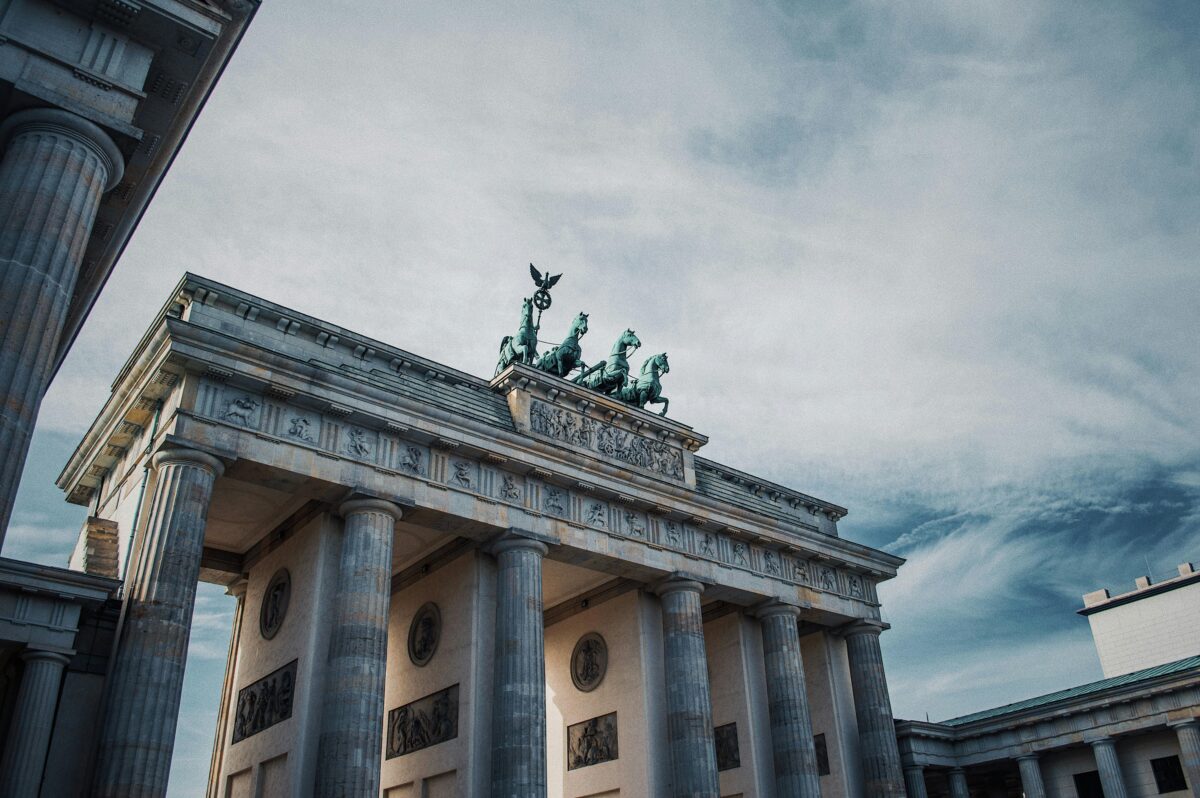
Public holidays in 2025. Holidays in Germany. People living in Berlin can look forward to an extra day off in May 2025! The city government has decided to create a one-time public holiday. It will be a special time for reflection, as well as a chance for residents to enjoy a longer break. Why was this day chosen, and what does it mean for Berlin? It marks an important anniversary of an event that changed history.
May 8, 2025 is a public holiday in Berlin
Berliners will have an extra chance to relax in early May 2025. May 8 has been chosen as a one-time public holiday to mark the 80th anniversary of the end of World War II in Europe, also called Tag der Befreiung (Liberation Day). The German surrender was signed on May 7, 1945, in Reims, but it was officially confirmed on May 8 in Berlin-Karlshorst in front of representatives from the USSR, the USA, Great Britain, and France. This year, Berlin will hold events throughout the day to remember this important day for all of Europe. The city government stated that the holiday aims to raise awareness that “peaceful coexistence is still not a given,” reports Berlin.de.
How to make the most of May 8th day off?
May 8, 2025, falls on a Thursday, so you can take Friday, May 9, off to enjoy a four-day weekend. Alternatively, you could combine this holiday with May 1, taking five days off (May 2, 5, 6, 7, and 9) for a total of 11 days off between May 1 and 11.
Read also: Maximize Your Time Off: Long Weekends in Germany for 2025
June 17, 2028 is a public holiday in Berlin
Berliners can look forward to another additional public holiday on June 17, 2028, to mark the 75th anniversary of the June Uprising in Germany in 1953. This was a mass revolt by workers against the policies of the communist East German government. On June 16, construction workers in East Berlin went on strike to protest higher labor standards. The next day, protests spread across East Germany, affecting more than eleven cities. The uprising was brutally crushed by Soviet tanks and East German security forces, with at least 55 people killed during the repression. Despite its defeat, the uprising became a symbolic protest against the communist regime and foreshadowed future changes in Eastern Europe.
Public holidays and non-working days in Germany
It’s important to note that Germany is a federal state, made up of 16 different states (Bundesländer), and each state has some autonomy in deciding its own public holidays and non-working days. As a result, in addition to national holidays, there are also “regional holidays” (Landesfeiertage) that apply only to specific states. For example, Fronleichnam (Corpus Christi) is celebrated in Bavaria, Baden-Württemberg, Hesse, and other states, but not nationwide. Similarly, Reformation Day (Reformationstag) is mainly observed in states with Protestant traditions, such as Brandenburg, Saxony-Anhalt, and Thuringia.
